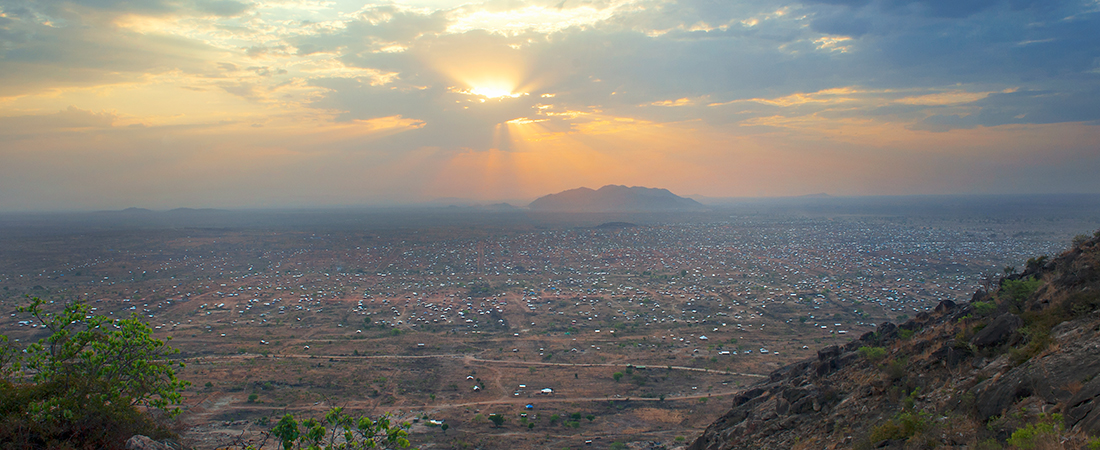EDC to Support Youth Empowerment in South Sudan

The U.S. Agency for International Development (USAID) has selected EDC to implement the USAID Youth Empowerment Activity in South Sudan. The four-year, $43.5 million initiative aims to improve access to functional skills so that youth can lead healthier lives, generate an income, and contribute to the social cohesion of their communities.
Youth under 30, who make up an estimated 72% of South Sudan’s population, face numerous challenges that limit their access to education and livelihoods opportunities.
In response, the initiative will identify 500 youth leaders across South Sudan who will support their peers in developing functional literacy, numeracy, and soft and life skills, thereby promoting social cohesion and reinforcing mentorship within and across communities. This approach is grounded in USAID’s Positive Youth Development Framework, which prioritizes youth-led, youth-serving interventions rooted in the community. The USAID Youth Empowerment Activity will also support 65 local youth organizations with technical training, mentorship, and organizational capacity strengthening.
“USAID Youth Empowerment Activity focuses on the assets and resilience that youth themselves possess and can recognize, champion and reinforce in one another,” says EDC Senior Vice President Nancy Devine. “At the heart of this youth-led and youth-serving approach, a Youth Corps Service model will provide much needed safe space for youth leaders to reach more underserved youth with critical health information, functional skills training, and civic engagement opportunities.”
The initiative marks EDC’s return to South Sudan. Previous work in the country included interactive radio instruction, English language and skills training programs, and peace radio services during and after South Sudan’s second civil war.
EDC’s partners in implementing the USAID Youth Empowerment Activity include the Danish Refugee Council, Search for Common Ground, Nile Hope, Mobile Humanitarian Agency, Community Aid Relief and Development Organization, and the Women Advancement Organization. Pilot interventions will be introduced by We Care Solar, the Luol Deng Foundation, and the African Wildlife Foundation.